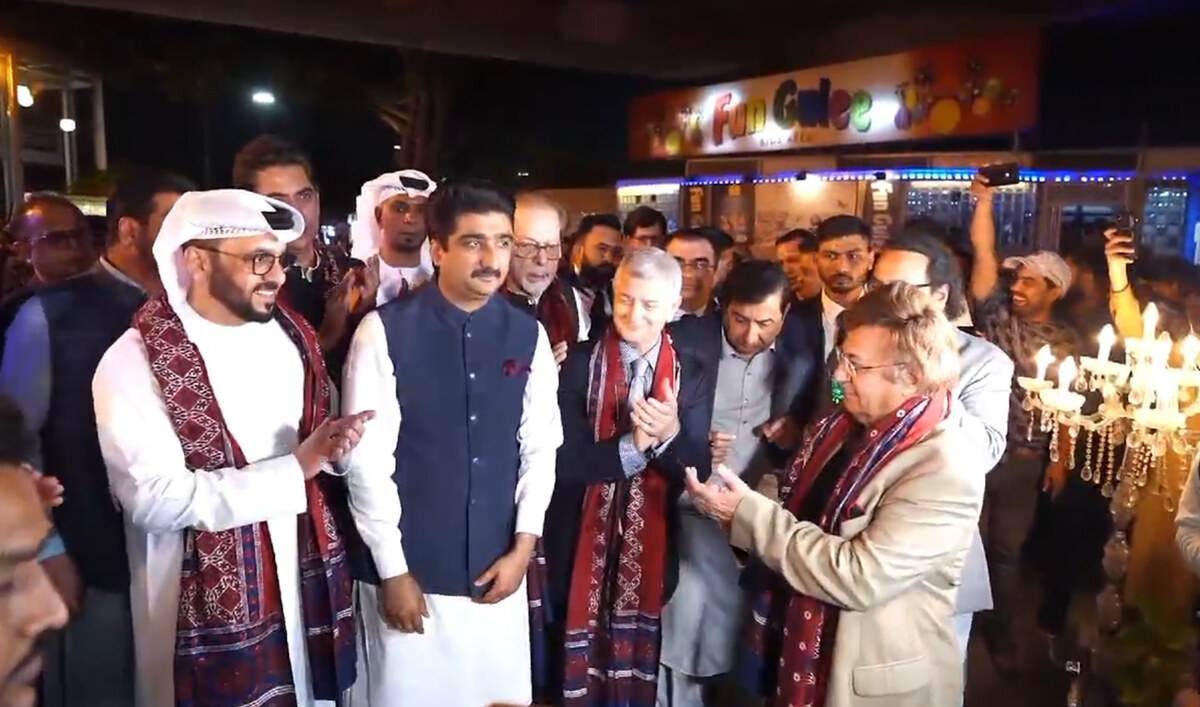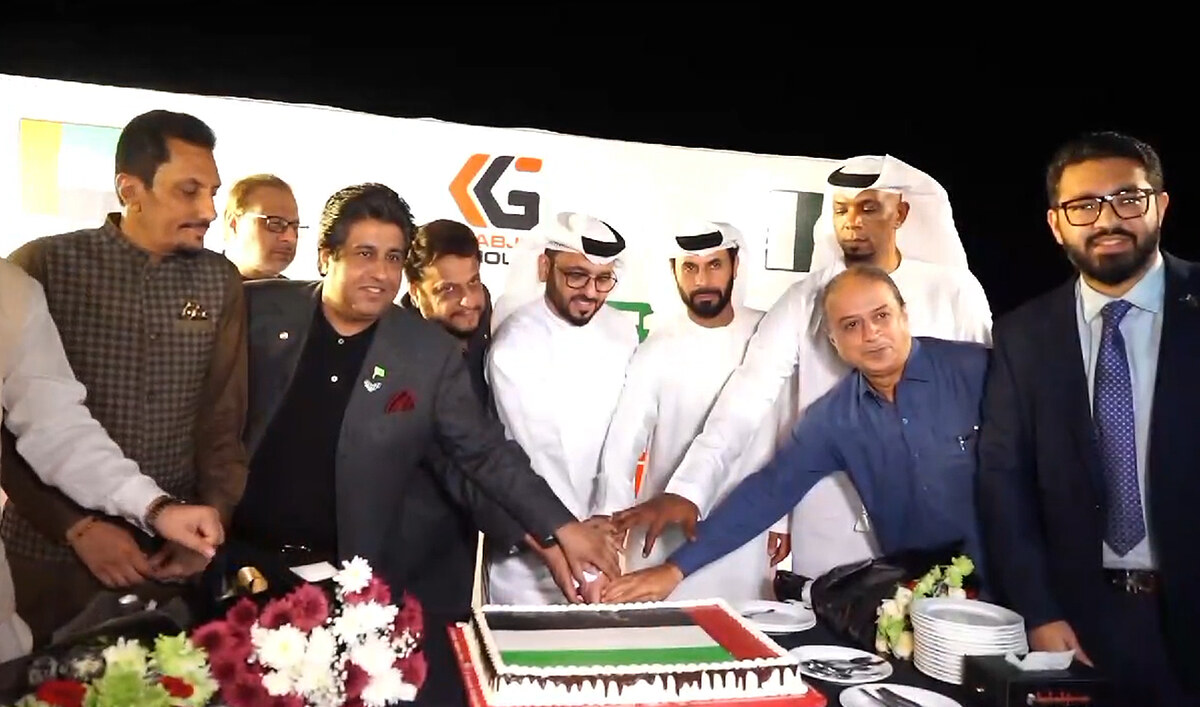CHARSADDA, Pakistan: Earlier this month, as Anwar Khan prepared for the wedding of his two sons in Ibrahimzai village on the outskirts of Pakistan’s northwestern Charsadda city, he knew the feast would not be complete without serving ‘Mota Chawal.’
The rice dish, prepared with local spices, condiments and generous portions of meat, and cooked over a whole day until the rice becomes congealed and sticky, has for decades been the highlight of weddings in Charsadda, located in Pakistan’s northwestern Khyber Pakhtunkhwa province.
The region is known for its hospitality, with food playing a central role in every gathering, especially special occasions.
“I am doing this program for my sons’ marriage and we have a tradition of cooking Mota Chawal,” Khan told Arab News on the wedding day of Tahir and Yousaf Khan. “It is a custom famous in Tehsil [district] Charsadda.”
Known locally as Charsadwali Chawal, the tradition of making the rice dish is passed down over generations and it is mostly prepared by skilled, hereditary cooks.
“We come in the morning to prepare the dish, a day before the ceremony,” Shah Jahan Khan, 45, a chef in the village, told Arab News as he explained the intricate cooking process. “Some people slaughter a buffalo, others bring meat from the butcher.”
“We make preparations for it in the morning and cook it for the whole next day,” he added.
Making Mota Chawal is a labor-intensive process and always a community effort, with locals joining in to assist the chef at various stages of the cooking.
“We do the preparations, boil water, put tomatoes, ginger, plum, green chili and other ingredients,” Khan said. “We put them on fire. The meat is cooked for four to six hours so it can be taken off from the bones.”
Then at dawn, the meat is removed from the large steel pots in which it is cooked, after which people gather and sit down to shred it by hand into fine threads.
The flavor of Mota Chawal largely depends on the quantity of meat added, Shah said, explaining that a typical cauldron required less than 10 kilograms of meat and 14 to 16 kilograms of rice. Once the water had boiled and the ingredients were ready, rice was added, followed by a blend of spices, chilies and turmeric.
The dish was then stirred continuously for up to three hours until it became sticky and took on a brown-green hue. The shredded meat was then added back into the pots.
A single cauldron of Mota Chawal can serve up to 140 people at an event, Shah said, with a group of three or four people eating it out of the same tray, making it a shared meal.
Muhammad Tayyab, a journalist from Charsadda, said the dish had a centuries-old history and originally emerged in an ancient village of Rajjar.
“From Rajjar, this delicacy emerged and spread across the district,” he said.
“It started from there and then went to the big cities of the country, where it became known as Mota Chawal and Charsaddwal Chawal, and is being sold at various places now.”




















